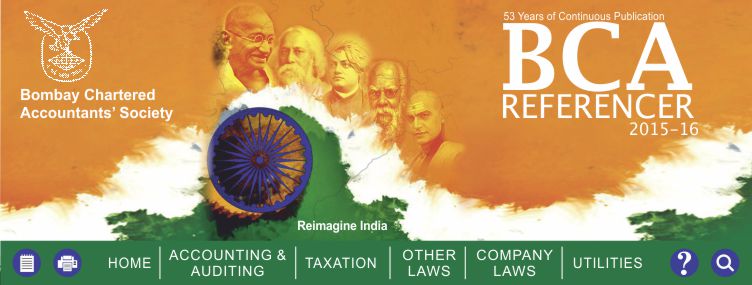|
Maxims can be defined as an established principal or proposition. The tenets of
law canonized in maxims are the precepts, ideals and techniques of law referring a
general truth drawn from experience.
The principles enunciated in the maxims should be applied with due care as there
are exceptions to the rule and qualification for applicability of dictum.
The law of evidence is the most important branch of adjective law. On this
subject, a number of maxims have developed. In the paragraphs to follow, a discussion
about some of the maxims of common use is being made.
Audi Alteran Partem – The other party shall be heard / No
man shall be condemned unheard.
Lex non cogit ad imposibilia - The law cannot
compel the man to do impossible.
Omnia praesumuntur rite et solenniter esse acta –
A man is presumed to be innocent unless proved otherwise.
Comtemporanea exposition est optima et fortissimo in
lege – A Contemporaneous exposition is regarded in law as the best
and strongest
Res inter alios acta alteri nocere non debet – A
transaction between 2 parties ought not to operate to the disadvantage of a
3rd party
Nemo tenetur seipsum accusare –No
one be compelled to criminate himself.
Nemo Debet Esse Judex in Propria sua Causa
– No man can be judge in his own cause.
Qui aliquid statuerit parte inaudita altera aequum licet dixerit, haud
aequum fecerit – He who determines any matter without hearing both
the sides, though he may have decided rightly, has not done justice.
Ejusdem Generis – Of the same class or
kind
Noscitur A Sociis – The meaning of the
doubtful word may be ascertained by reference to the meaning of words associated with
it.
Ut res magis valeat quam pereat – The
language may rather have effect than be destroyed
Absoluta sentential expositore non
indigent – Plain words require no explanation
Construction ex visceribus actus - A statute is to be construed
within the four corners of the statute.
Leges posteriores priores contrarias
abrogant – The later laws repeal earlier laws.
Quod ab initio non valet in tractu temporis non
convalescet - Something which was originally void, does not
by lapse of time become valid.
Salus populi suprema lex – The regard for
the public welfare is the highest law.
Vigilantibus, non dormientibus, jura subveniunt - The laws
assist those who are vigilant, not those who sleep over their rights
Falsa demonstratio non nocet - Mere false description does not
vitiate, if there be sufficient certainty as to the object
Back to Top
|
